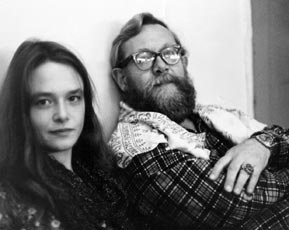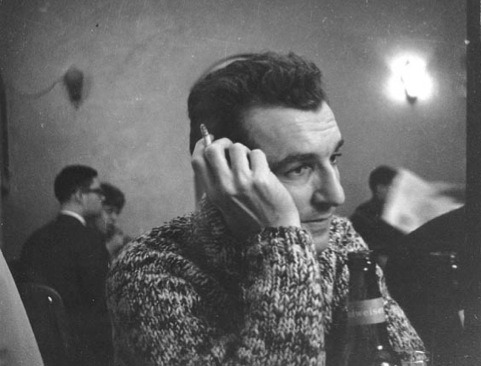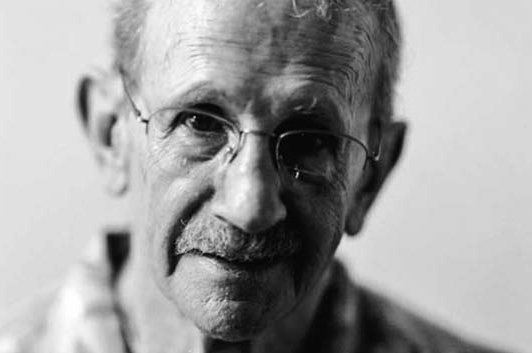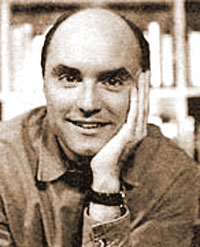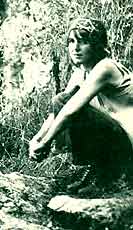 |
| Joanne Kyger [jacket] |
from Joanne Kyger's As Ever: Selected Poems:
The Odyssey Poems [excerpts]
. . .
IV
April 23. Possibilities
Still after 15 years or more she doesn't know
and still may go off with the likeliest and most generous suitor
The best of the lot comes from the corn and grass lands,
wise, and she gives him approval
But what's on her mind?
She never refuses or accepts
stands against a pillar of the house,
watching and planning.
———————————————————
Well the men
they give a lot of insults to anyone that comes by,
wine running,
dancing with the maids, 112 people
eating every day
She comes and rages
quit eating the coffee cake and cottage cheese
put the lid on the peanut butter jar
sandwiches made of cucumber, stop eating the food!
climbing over the rough ravine
and up an impossible cliff, naked, you mark how high you can go
coming back to his opinion of her or hers of him
listening sometimes
to him raging, you leave me alone. you dream of me.
and there, she withdrew
and wept for odysseus
until, what bird is it? that swoops in definite circles in the sky
comes down and puts her to sleep
. . .
VI
Here it is, the last day. and what has happened.
Penelope had at least one night with her husband.
And he'll have to go on again to find another city
without salt and away from the sea.
She takes this as a matter of course. It is interesting to note
how cautious she was, he called her iron hearted, to see if it was really
he that had returned
until she went to bed. It's good to be clear about what you do.
They had a party. The pigman and cowherd, also the son
drank wine and danced. This was after the killing.
Not a new marriage as some might have thought
12 ladies were hung by the neck.
as usual Penelope slept through all this.
I think she is happy now.
her household is restored.
and she knows he will die an old and comfortable death.
up to your room now to wait a while he tells her
and she does what he says.
I guess it's good to know where you're going.
May 22, 1964
